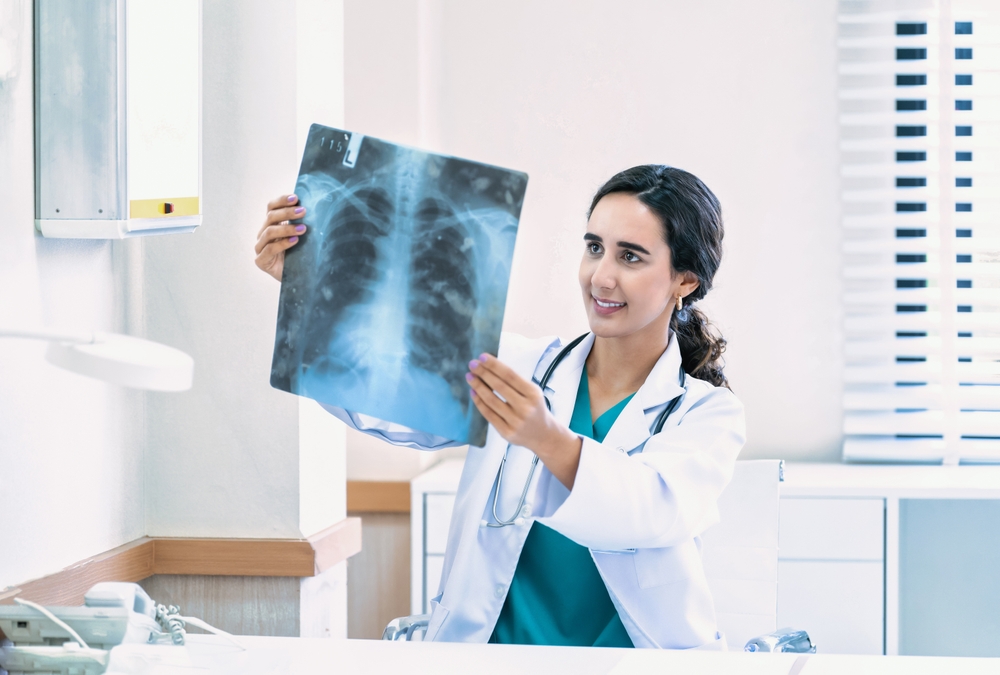A new study by the University of Warwick has revealed that an AI system can analyze X-rays and diagnose medical issues as accurately as doctors.
This AI, developed through a collaboration between Warwick, King’s College London, and several NHS sites, was trained on 2.8 million historic chest X-rays from over 1.5 million patients.
It’s capable of scanning for 37 possible conditions, demonstrating equal or greater accuracy than doctors in 94% of the cases (35 out of 37 conditions). To ensure the AI’s accuracy, over 1,400 X-rays it analyzed were cross-checked by senior radiologists against historical diagnoses.
There have been numerous similar applications of AI for medical scans, including CoDoC by Google, which reduces the workload of analyzing medical scans by 66%.
The software used in this recent study, named X-Raydar, scans for potential issues immediately after X-rays are taken and quantifies the probability of each detected abnormality.
It prioritizes urgent conditions, aiding doctors in time-efficient diagnosis, which is critical amid staff shortages and mounting waiting lists.
Dr. Giovanni Montana, lead author and Professor of Data Science at Warwick, explained the AI’s potential as a screening tool or for providing “the ultimate second opinion” by eliminating human error and bias. He highlighted its training on millions of X-rays and its effectiveness in unbiased analysis.
Professor Vicky Goh of King’s College London, co-author and former chair at the Royal Society of Radiologists, anticipates comprehensive AI systems like X-Raydar as the future of medicine, aiding overburdened doctors.
The AI also addresses efficiency in cases where no abnormalities are found in X-rays, which accounts for about half of all cases.
By identifying these cases, the AI allows radiologists to focus more on complex and critical tests.
This is particularly relevant given the radiologist shortages in the UK, as reported by the Royal College of Radiologists, causing delays in treatment at 97% of the country’s cancer treatment centers.
The X-Raydar software has been open-sourced for non-commercial use to accelerate research and development in this field.
This joins numerous exciting medical applications of AI, including a model that helped accelerate breast cancer screening processes by over 44% and a Google AI system designed to provide second opinions to doctors.
The NHS has a long track record of deploying AI medical technologies due to its collaborations with DeepMind, including a recent AI lung cancer diagnostic tool.





